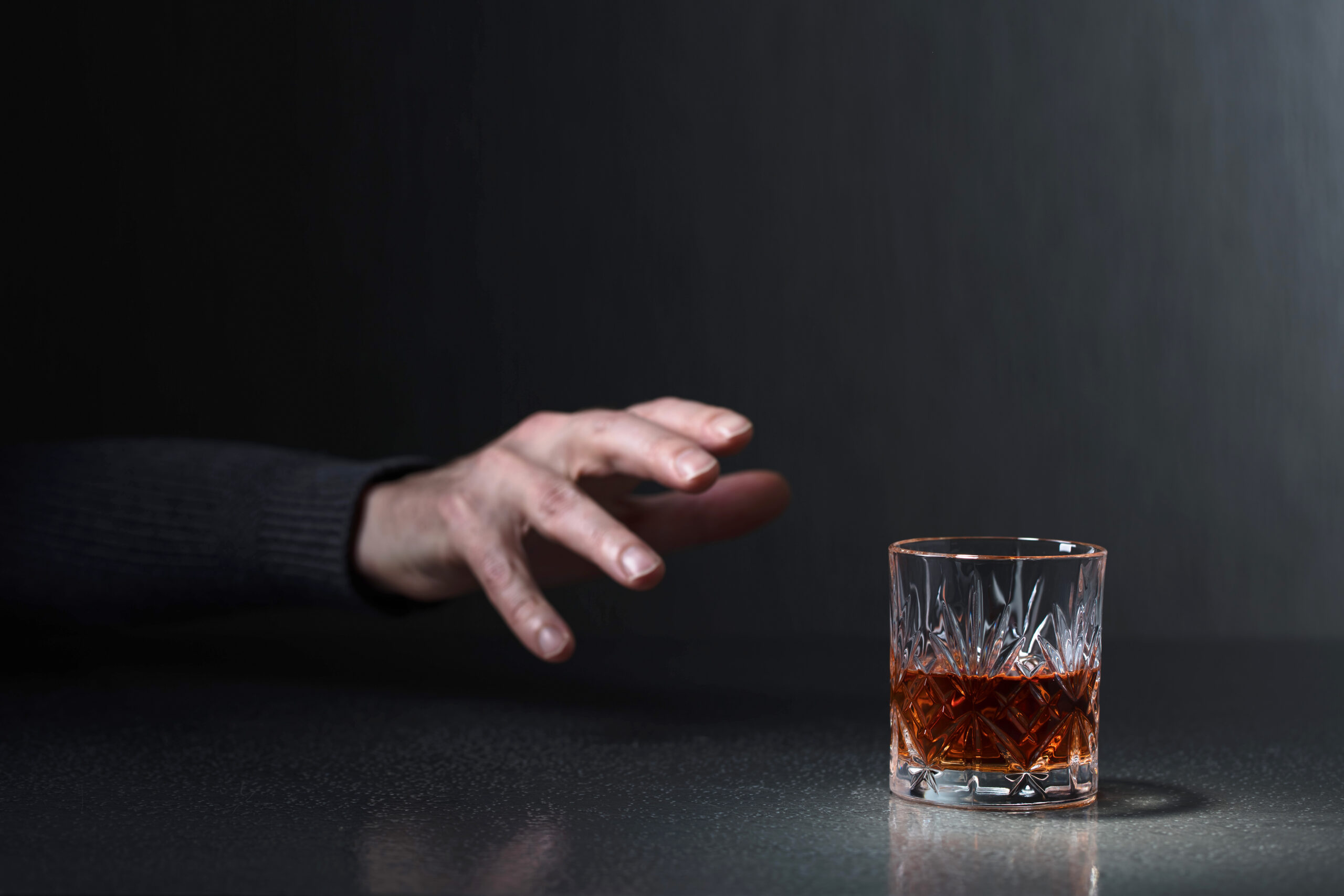Alcohol Use Disorder (AUD), more commonly referred to as alcoholism, affects nearly 15 million individuals above the age of 12 in the United States. AUD is generally defined as an inability to stop or limit the consumption of alcoholic beverages. Although it is unclear what exactly causes AUD to develop in individuals, some risk factors may include beginning alcohol consumption at an early age, having one or more parents affected by AUD, or a history of mental health issues and past trauma. The most popular treatments for AUD currently focus on behavioral methods, such as counseling, or mutual support groups like Alcoholics Anonymous. However, in recent years, there has been a push towards finding medications that might help fight AUD in adults.
Embed from Getty Images
Ecstasy is a synthetic drug that is typically used for recreation
Image Source: Science Photo Library – SCIEPRO
MDMA, commonly referred to as “ecstasy” or “Molly,” has qualities that make it potentially well suited to treat patients with such addictions as AUD. Usage of MDMA increases levels of the chemical serotonin in the brain, which results in greater feelings of happiness and connection with others. MDMA has also been shown to suppress activity in a region of the brain known as the amygdala, which is involved in regulating our emotions and fear-based responses. Dulling the amygdala’s function allows individuals to process their emotions in a more positive manner.
Due to its mood-elevating properties, MDMA has been used in the past to treat Post Traumatic Stress Disorder (PTSD) with significant success. Knowing this, researchers at Imperial College London hypothesized that treatment involving MDMA would help patients struggling with AUD curb their drinking. To test their hypothesis, the researchers developed a treatment plan for fourteen patients struggling with AUD. As part of this treatment plan, the patients completed an eight-week recovery-based therapy program. During two of the sessions, patients were given 187.5 mg of MDMA. Psychological support was provided before, during, and after each of the sessions. The patients were then monitored for alcohol use behavior, mental well-being, and general functionality for nine months following the treatment.
Embed from Getty Images
Ecstasy targets a region of the brain called the amygdala
Image Source: Science Photo Library – SCIEPRO
Overall, patients demonstrated no significant negative side effects related to MDMA consumption. In fact, they reported drinking nearly 7 times less alcohol on average following the treatment compared to before. This research indicates the MDMA might be useful in helping treat addiction-based disorders such as AUD, as the researchers hypothesized. However, it is still unclear whether the improvement was solely due to the MDMA consumption, or whether it was due to the psychotherapy sessions each patient received. Future research might include studies that split participants into two groups at random, with one group receiving MDMA and the other receiving a placebo. Despite this, these findings have given new hope to those struggling with AUD.
Featured Image Source: Igor Normann











Great article. Very informative content. Looking forward to your next article.
Good findings ! Dr V N Misra